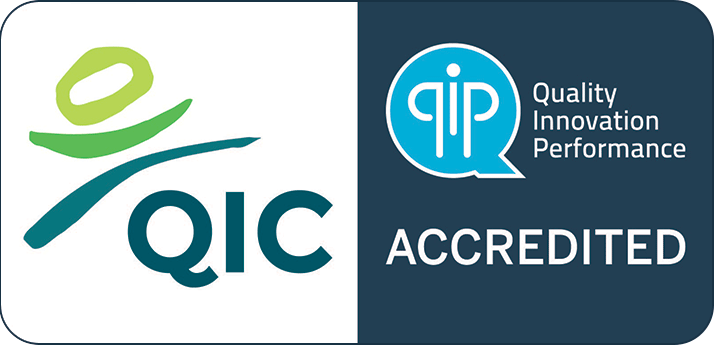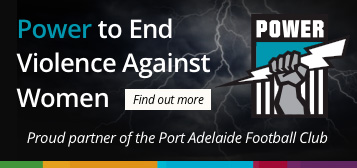Follow your intuition and speak up!
This is Elaine Reynolds’ message to families concerned about their children.
A Centacare Suicide Intervention trainer, Elaine is imploring parents to say something if they fear their child is at risk of self-harm and suicidal behaviours.
“There are a lot of children alive today because the people around them voiced the questions others are afraid to ask,’’ she says.
“The best message I can get across is that you cannot make somebody suicidal just by asking if they’ve thought about dying.
“They are already in a dark place and they don’t know how to get out.
“If you ask them directly, `Are you considering suicide?’ you are showing them a light at the end of the tunnel and a way to get out and stay safe.’’
Through ASCEND, a youth suicide intervention program, Centacare supports young people aged up to 25 years who are at risk of self-harm and provides specialised training to build the capacity of people around them to appropriately respond and recognise warning signs.
Depression, family breakdown, bullying, anxiety and cultural differences can trigger self harm and suicide.
“Most suicides are preventable,” Elaine says. “The intent is a cry for help.
“The reason that young person is still here is because there is something that’s connecting them to life… but they are the only one who can tell you what that is.
“It’s the people that are in the young person’s life that need the skills and knowledge to respond.’’
Elaine says asking the right questions and identifying early warning signs, such as changes in behaviour, is critical.
“A lot of people ignore a hunch because they fear it will put ideas into that young person’s head.’’
TIPS FOR TALKING TO AT-RISK YOUNG PEOPLE
- Speak up! Act on a gut feeling or other warning signs the young person needs help.
- Listen to what they say
- Provide reassurance
- Respond! Don’t ignore clues such as social media posts. Facebook can provide young people with a sense of belonging but just hitting the like button on a post that’s a cry for help and not responding with words can reinforce feelings of rejection.
- Establish the level of intent. Ask them directly: Are you considering suicide? Have you thought about dying? Do you know how you will do it?
- Get help! Parents should seek support from school or other community service providers to help keep their child safe.
ASCEND Program details
Who: Young people up to the age of 25 exhibiting any form of suicidal, self-harming or depressive behaviours.
How: To make a referral or access the service, please contact us on (08) 8215 6700 during office hours.
Where: The ASCEND program operates throughout the Adelaide metropolitan area.
Contact: The team is based in the city at 45 Wakefield Street, Adelaide. You can reach them on (08) 8215 6700 or by email to enquiries@centacare.org.au.







